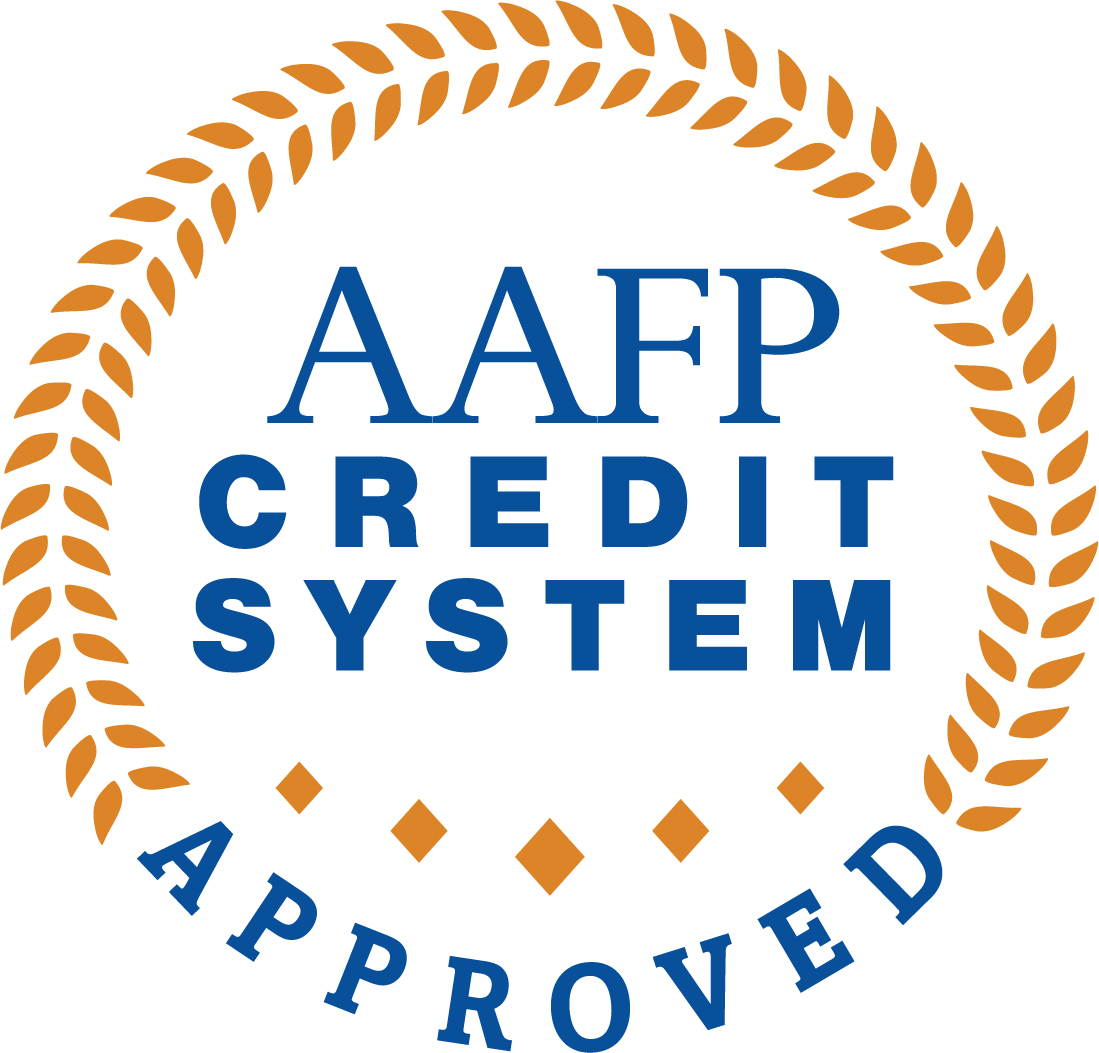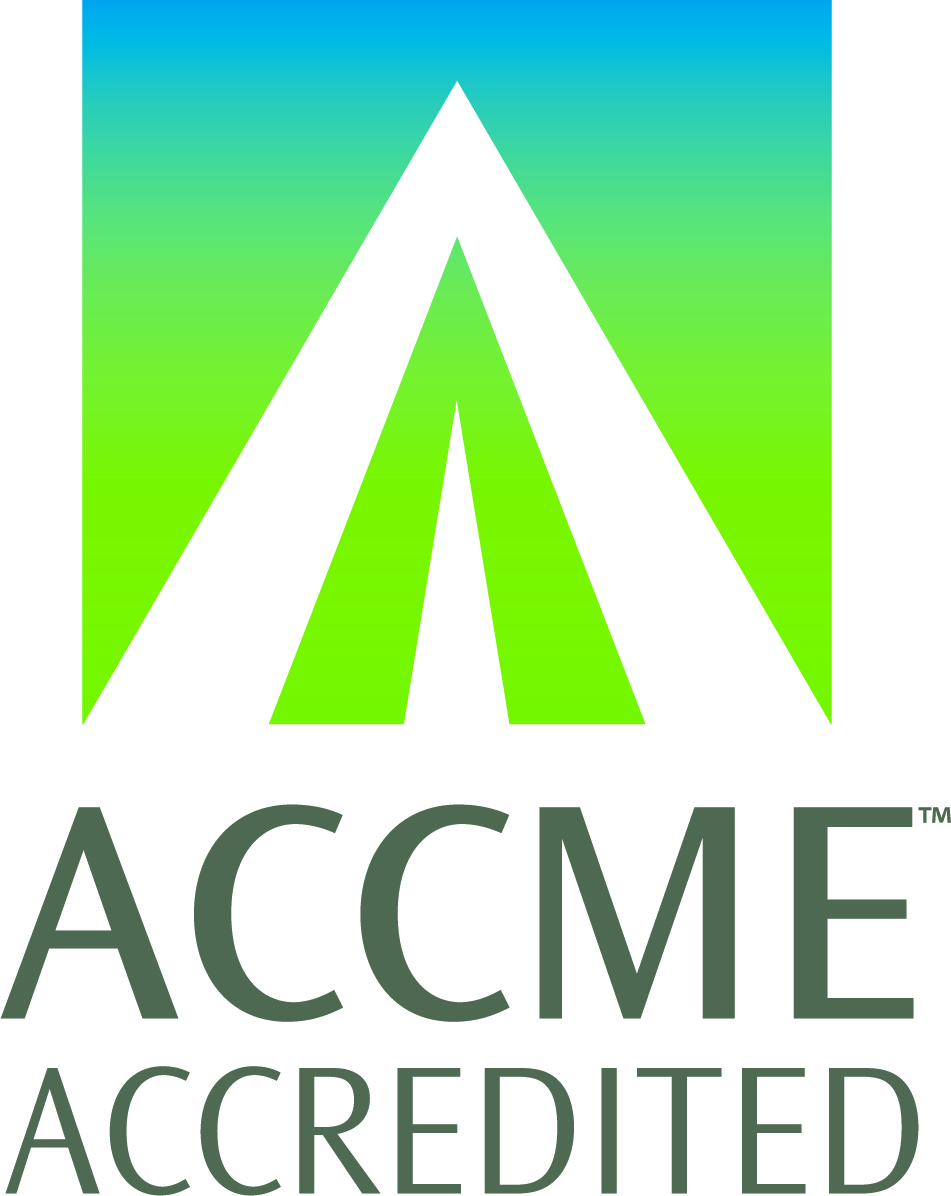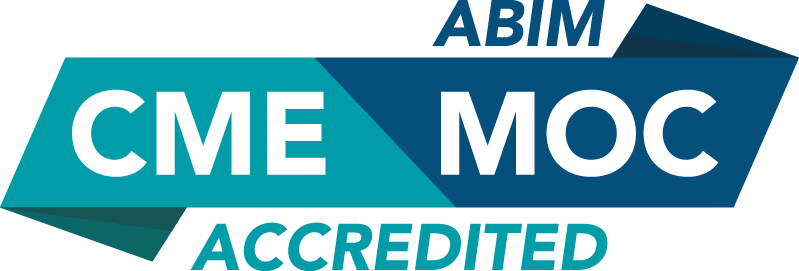Workshop: Essential Suturing Skills
Sunday, October 6, 2024, 8:00 am – 12:15 pm PT (includes 15 minute break)
Course Length: 4 Hours (4 Credits)
Fees: $425 for Workshop Only or $299 (Save $126) with Conference Registration
1:10 Instructor-Participant Ratio
Maximum of 30 Participants
Suture Kit and Model Included
IN-PERSON ONLY:
Faculty:
Debra L. Diaz, MSHS, PA-C
Senior Instructor Faculty, Alleanza
Assistant Professor
Oregon Health & Science University
Portland, OR
Amy Keim, MS, PA-C
Associate Clinical Professor of Emergency Medicine
Director, Acute Traumatic Wound Care Education and Training
George Washington University School of Medicine & Health Sciences
Washington DC
Ryan Strauss, MSHS, MPH, PA-C
Associate Clinical Professor of Emergency Medicine
Associate Clinical Professor of Physician Assistant Studies
George Washington University School of Medicine & Health Sciences
Washington DC
Description:
Proper evaluation and management of wounds is critical to ensuring positive patient outcomes. This case-based course is designed to increase the participant's scope-of-practice in managing common wounds including simple lacerations, abrasions, avulsions, bites, and puncture wounds as they present in the outpatient setting. Improve patient care and your value to your practice with essential procedural skills by exploring common, but potentially problematic cases from presentation to follow up including aseptic technique, proper use of skin adhesives, basic suturing, and alternate wound closure methods. Suture Kit and model included.
Learning Objectives:
Upon the completion of this hands-on workshop, participants should be able to:
- Properly assess acute traumatic wounds to determine appropriate management, referral, and follow-up.
- Choose appropriate wound management materials and equipment.
- Determine appropriate suture techniques according to wound and patient characteristics.
- Assess and repair simple lacerations using aseptic technique.
- Perform a variety of percutaneous suture techniques including simple interrupted, vertical, and horizontal mattress.
- Perform proper intradermal suture technique.
- Demonstrate alternate methods of acute wound management for wounds that cannot or should not be sutured.
- Explain proper antibiotic indications, tetanus prophylaxis, rabies prophylaxis and instruct the patient in appropriate post-procedural care.
Workshop: Suturing Skills for Complex Lacerations
Sunday, October 6, 2024, 1:30 pm – 5:45 pm PT (includes 15 minute break)
Course Length: 4 Hours (4 Credits)
Fees: $425 for Workshop Only or $299 (Save $126) with Conference Registration
1:10 Instructor-Participant Ratio
Maximum of 30 Participants
Suture Kit and Model Included
IN-PERSON ONLY:
Faculty:
Debra L. Diaz, MSHS, PA-C
Senior Instructor Faculty, Alleanza
Assistant Professor
Oregon Health & Science University
Portland, OR
Amy Keim, MS, PA-C
Associate Clinical Professor of Emergency Medicine
Director, Acute Traumatic Wound Care Education and Training
George Washington University School of Medicine & Health Sciences
Washington DC
Ryan Strauss, MSHS, MPH, PA-C
Associate Clinical Professor of Emergency Medicine
Associate Clinical Professor of Physician Assistant Studies
George Washington University School of Medicine & Health Sciences
Washington DC
Description:
Many “complex” traumatic lacerations are referred to specialists either unnecessarily or prematurely - or simply repaired improperly. This case-based course is designed to increase the participant’s scope-of-practice in managing complicated lacerations. By exploring common, but frequently problematic, cases from injury and management to post-repair follow-up, participants will learn specialized repair techniques that will improve patient outcomes. This advanced wound management course is designed for participants who are already competent in basic laceration repair techniques and seek to elevate their skill set to the next level. Suture Kit and model included.
Learning Objectives:
Upon the completion of this hands-on workshop, participants should be able to:
- Properly apply general and loose closure techniques.
- Perform multilayer cosmetic wound closure techniques
- Apply methods of accurate anatomic boarder alignment.
- Perform appropriate wound excision and debridement techniques.
- Perform management and repair of single and multiple flap lacerations.
- Perform management and repair complex parallel lacerations.
- Manage a variety of fingertip injuries including nail bed lacerations.
- Identify and prevent complications associated with complex nasal lacerations.
- Identify and prevent complications associated with complex ear lacerations.
- Review dog-ear deformity repair.
Workshop: Optimizing Local and Regional Anesthesia
Monday, October 7, 2024, 1:45 pm – 6:00 pm PT (includes 15 minute break)
Course Length: 4 Hours (4 Credits)
Fees: $425 for Workshop Only or $299 (Save $126) with Conference Registration
1:10 Instructor-Participant Ratio
Maximum of 30 Participants
IN-PERSON ONLY:
Faculty:
Debra L. Diaz, MSHS, PA-C
Senior Instructor Faculty, Alleanza
Assistant Professor
Oregon Health & Science University
Portland, OR
Amy Keim, MS, PA-C
Associate Clinical Professor of Emergency Medicine
Director, Acute Traumatic Wound Care Education and Training
George Washington University School of Medicine & Health Sciences
Washington DC
Ryan Strauss, MSHS, MPH, PA-C
Associate Clinical Professor of Emergency Medicine
Associate Clinical Professor of Physician Assistant Studies
George Washington University School of Medicine & Health Sciences
Washington DC
Description:
It's not just for wound repair! Adequate anesthesia for multiple emergency applications underlies both care-giver competency and patient satisfaction. To be medically effective, substances used in pain control should be temporary in nature and relatively safe. Practitioners will learn selection of the most appropriate agent for various applications, including dose, route of administration, duration, and depth of anesthesia, as well as pertinent agent-induced reactions and/or disease-related complications. A wide range of clinical applications from wound repair to general pain management will be discussed. In addition, participants will learn to perform regional and peripheral nerve blocks.
Learning Objectives:
Upon the completion of this hands-on workshop, participants should be able to:
- Understand the underlying concepts in the application and administration of local and regional anesthesia.
- Utilize appropriate knowledge, evaluation, and management strategies in the uses of local and regional anesthesia for select complicated, uncommon and/or unusual acute wounds.
- Review anesthesia and patient characteristics that increase adverse outcomes associated with local anesthesia, and mitigate those risks through knowledgeable application of those agents.
- Employ effective maxillofacial, dental, hand/wrist, foot/ankle anesthetic techniques that can dramatically improve the acute wound care patient’s comfort level and outcome.
Workshop: ECG Interpretation and Patterns + Online Module
Monday, October 7, 2024, 1:45 pm – 3:45 pm PT
Course Length: 2 Hours Workshop (2 Credits) + Basic ECG Pre-Workshop Online Module (1.25 Credits) = 3.25 Credits Total
Fees: $275 for Workshop Only or $199 (Save $76) with Conference or Webcast Registration
1 Instructor
Maximum of 75 In-Person Participants/Unlimited Virtual Participants
IN-PERSON:
VIRTUAL:
Faculty:
George L. Higgins III, MD, FACEP
Emeritus Professor of Emergency Medicine
Maine Medical Center
Tufts University School of Medicine
Portland, ME
Emergency Partner
BlueWater Health
Brunswick, ME
Description:
This ECG Interpretation and Patterns Workshop is designed to clarify, review, and augment the training and understanding of clinicians in the field of electrocardiogram interpretation. ECG interpretation remains an effective and low-cost diagnostic tool, yet the utility of the ECG is limited by clinician training, experience, and interpretation skill. This workshop focuses on clarifying key ECG principals and practical interpretation skills relevant for clinical practice - particularly for those in primary care, acute care and emergency settings. This activity will promote improved patient outcomes in a wide range of therapeutic areas encountered by clinicians – from chest pain to syncope, from tachycardia to possible medication toxicity.
Registration for the in-person workshop on October 7, 2024, includes immediate access to the Basic ECG Pre-workshop Online Module*. This self-paced course will provide a solid foundation to maximize the benefits of the live workshop, and as such, participants are strongly encouraged to complete it prior to attending. This video features Roger Seheult, MD who is the founder of MedCram, one of the internet's leading providers of instructional medical education. This fundamental video resource can be re-watched even after the course is complete.ives:
Learning Objetives:
Upon the completion of this online module + workshop, participants should be able to:
- Review the fundamentals of ECG pattern recognition: rates, rhythm, axis (QRS vectors), blocks (interval lengths), etc.
- Understand a systematic ECG interpretation process that may be utilized with each ECG encountered.
- Identify ECG abnormalities that are associated with cardiac conditions that should prompt provider action, including a better understanding of acute management interventions they require.
Accreditation
Physicians
 AAFP: These live activities, the Essential Suturing Skills Workshop and Suturing Skills for Complex Lacerations Workshop with a beginning date of October 6, 2024, have been reviewed and are acceptable for up to 4.00 Prescribed credit(s) each by the American Academy of Family Physicians. This live activity, Optimizing Local and Regional Anesthesia Workshop, with a beginning date of October 7, 2024, has been reviewed and is acceptable for up to 4.00 Prescribed credit(s) by the American Academy of Family Physicians. The AAFP has reviewed ECG Interpretation and Patterns Workshop + Basic ECG Pre-workshop Online Module, and deemed it acceptable for AAFP credit. Term of approval is from 1/6/2023 to 1/6/2024. The Basic ECG Pre-Workshop Online Module is approved for 1.25 Enduring Material AAFP Prescribed credits. The ECG Interpretation and Patterns Workshop is approved for 2 Live AAFP Prescribed credits. Physicians should claim only the credit commensurate with the extent of their participation in the activity.
AAFP: These live activities, the Essential Suturing Skills Workshop and Suturing Skills for Complex Lacerations Workshop with a beginning date of October 6, 2024, have been reviewed and are acceptable for up to 4.00 Prescribed credit(s) each by the American Academy of Family Physicians. This live activity, Optimizing Local and Regional Anesthesia Workshop, with a beginning date of October 7, 2024, has been reviewed and is acceptable for up to 4.00 Prescribed credit(s) by the American Academy of Family Physicians. The AAFP has reviewed ECG Interpretation and Patterns Workshop + Basic ECG Pre-workshop Online Module, and deemed it acceptable for AAFP credit. Term of approval is from 1/6/2023 to 1/6/2024. The Basic ECG Pre-Workshop Online Module is approved for 1.25 Enduring Material AAFP Prescribed credits. The ECG Interpretation and Patterns Workshop is approved for 2 Live AAFP Prescribed credits. Physicians should claim only the credit commensurate with the extent of their participation in the activity.
 AMA PRA Category 1 Credits™: Continuing Education Company, Inc. (CEC) is accredited by the Accreditation Council for Continuing Medical Education (ACCME) to provide continuing medical education for physicians.
AMA PRA Category 1 Credits™: Continuing Education Company, Inc. (CEC) is accredited by the Accreditation Council for Continuing Medical Education (ACCME) to provide continuing medical education for physicians.
Continuing Education Company designates these live activities for a maximum of 3.25 - 4 AMA PRA Category 1 Credits™ each. Physicians should claim only the credit commensurate with the extent of their participation in the activity.
 ABIM MOC: Successful completion of these CME activities, which includes participation in the evaluation component, enables the participant to earn up to 3.25 - 4 Medical Knowledge MOC points in the American Board of Internal Medicine's (ABIM) Maintenance of Certification (MOC) program. Participants will earn MOC points equivalent to the amount of CME credits claimed for the activity. It is the CME activity provider's responsibility to submit participant completion information to ACCME for the purpose of granting ABIM MOC credit.
ABIM MOC: Successful completion of these CME activities, which includes participation in the evaluation component, enables the participant to earn up to 3.25 - 4 Medical Knowledge MOC points in the American Board of Internal Medicine's (ABIM) Maintenance of Certification (MOC) program. Participants will earn MOC points equivalent to the amount of CME credits claimed for the activity. It is the CME activity provider's responsibility to submit participant completion information to ACCME for the purpose of granting ABIM MOC credit.
AOA: CME activities approved for AAFP credit and AMA PRA Category 1 Credits™ are recognized by the AOA as equivalent to AOA Category 2 credit.
CFPC: Members of the College of Family Physicians of Canada are eligible to receive 3.25 - 4 MAINPRO-M1 credits for participation in this activity due to reciprocal agreement with the American Academy of Family Physicians.
Nurse Practitioners
AANPCB: The American Academy of Nurse Practitioners Certification Board accepts AAFP Prescribed credit and AMA PRA Category 1 Credits™.
ANCC: According to ANCC Certification, the continuing education hours approved by the AAFP and AMA PRA Category 1 Credits™ meet the requirement of formally approved continuing education hours and may be used as such for ANCC Certification renewal.
Physician Assistants
AAPA: The American Academy of Physician Assistants accepts AAFP Prescribed credit and AMA PRA Category 1 Credits™ for AAPA Category 1 CME credit.

_20231123151358_0.jpg?q=60&w=3840&format=auto)
 AAFP: These live activities, the Essential Suturing Skills Workshop and Suturing Skills for Complex Lacerations Workshop with a beginning date of October 6, 2024, have been reviewed and are acceptable for up to 4.00 Prescribed credit(s) each by the American Academy of Family Physicians. This live activity, Optimizing Local and Regional Anesthesia Workshop, with a beginning date of October 7, 2024, has been reviewed and is acceptable for up to 4.00 Prescribed credit(s) by the American Academy of Family Physicians. The AAFP has reviewed ECG Interpretation and Patterns Workshop + Basic ECG Pre-workshop Online Module, and deemed it acceptable for AAFP credit. Term of approval is from 1/6/2023 to 1/6/2024. The Basic ECG Pre-Workshop Online Module is approved for 1.25 Enduring Material AAFP Prescribed credits. The ECG Interpretation and Patterns Workshop is approved for 2 Live AAFP Prescribed credits. Physicians should claim only the credit commensurate with the extent of their participation in the activity.
AAFP: These live activities, the Essential Suturing Skills Workshop and Suturing Skills for Complex Lacerations Workshop with a beginning date of October 6, 2024, have been reviewed and are acceptable for up to 4.00 Prescribed credit(s) each by the American Academy of Family Physicians. This live activity, Optimizing Local and Regional Anesthesia Workshop, with a beginning date of October 7, 2024, has been reviewed and is acceptable for up to 4.00 Prescribed credit(s) by the American Academy of Family Physicians. The AAFP has reviewed ECG Interpretation and Patterns Workshop + Basic ECG Pre-workshop Online Module, and deemed it acceptable for AAFP credit. Term of approval is from 1/6/2023 to 1/6/2024. The Basic ECG Pre-Workshop Online Module is approved for 1.25 Enduring Material AAFP Prescribed credits. The ECG Interpretation and Patterns Workshop is approved for 2 Live AAFP Prescribed credits. Physicians should claim only the credit commensurate with the extent of their participation in the activity. AMA PRA Category 1 Credits™: Continuing Education Company, Inc. (CEC) is accredited by the Accreditation Council for Continuing Medical Education (ACCME) to provide continuing medical education for physicians.
AMA PRA Category 1 Credits™: Continuing Education Company, Inc. (CEC) is accredited by the Accreditation Council for Continuing Medical Education (ACCME) to provide continuing medical education for physicians. ABIM MOC: Successful completion of these CME activities, which includes participation in the evaluation component, enables the participant to earn up to 3.25 - 4 Medical Knowledge MOC points in the American Board of Internal Medicine's (ABIM) Maintenance of Certification (MOC) program. Participants will earn MOC points equivalent to the amount of CME credits claimed for the activity. It is the CME activity provider's responsibility to submit participant completion information to ACCME for the purpose of granting ABIM MOC credit.
ABIM MOC: Successful completion of these CME activities, which includes participation in the evaluation component, enables the participant to earn up to 3.25 - 4 Medical Knowledge MOC points in the American Board of Internal Medicine's (ABIM) Maintenance of Certification (MOC) program. Participants will earn MOC points equivalent to the amount of CME credits claimed for the activity. It is the CME activity provider's responsibility to submit participant completion information to ACCME for the purpose of granting ABIM MOC credit.


